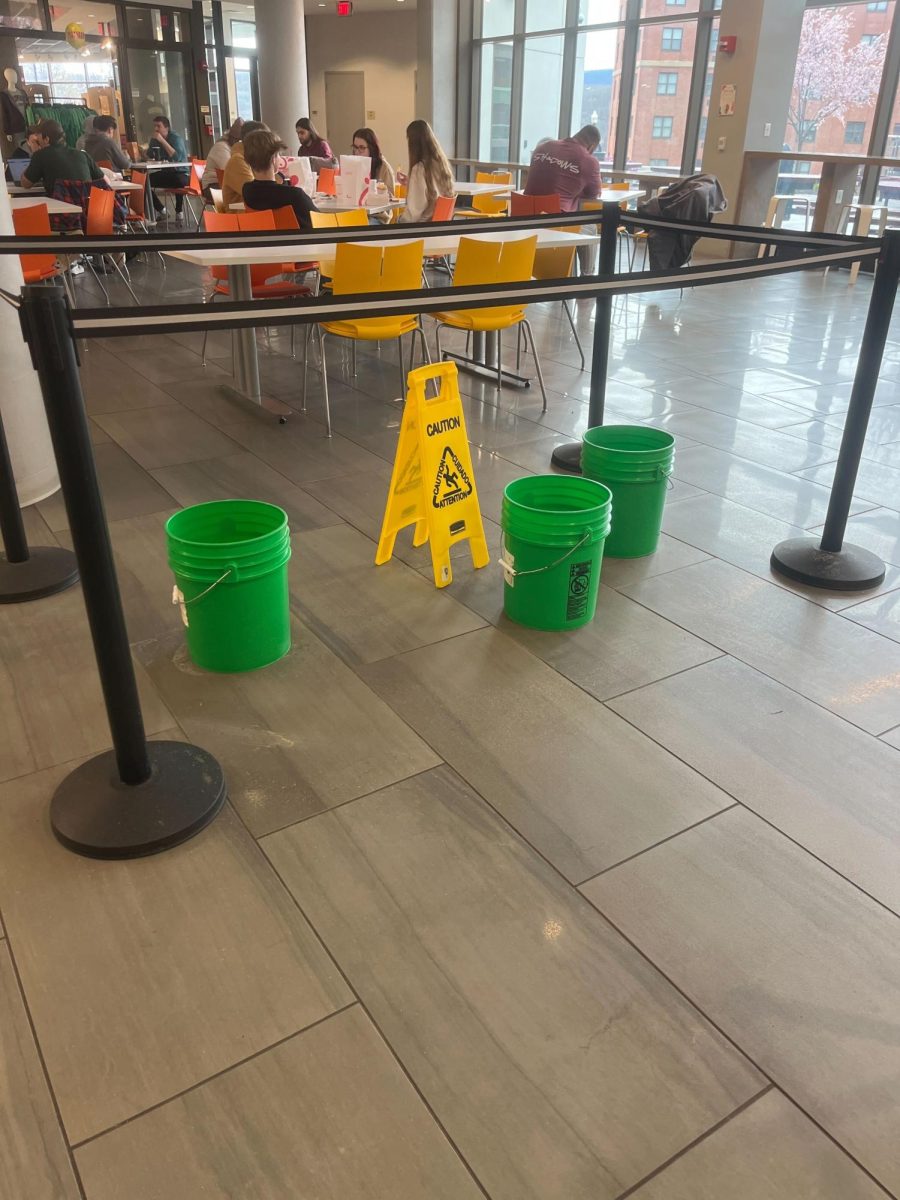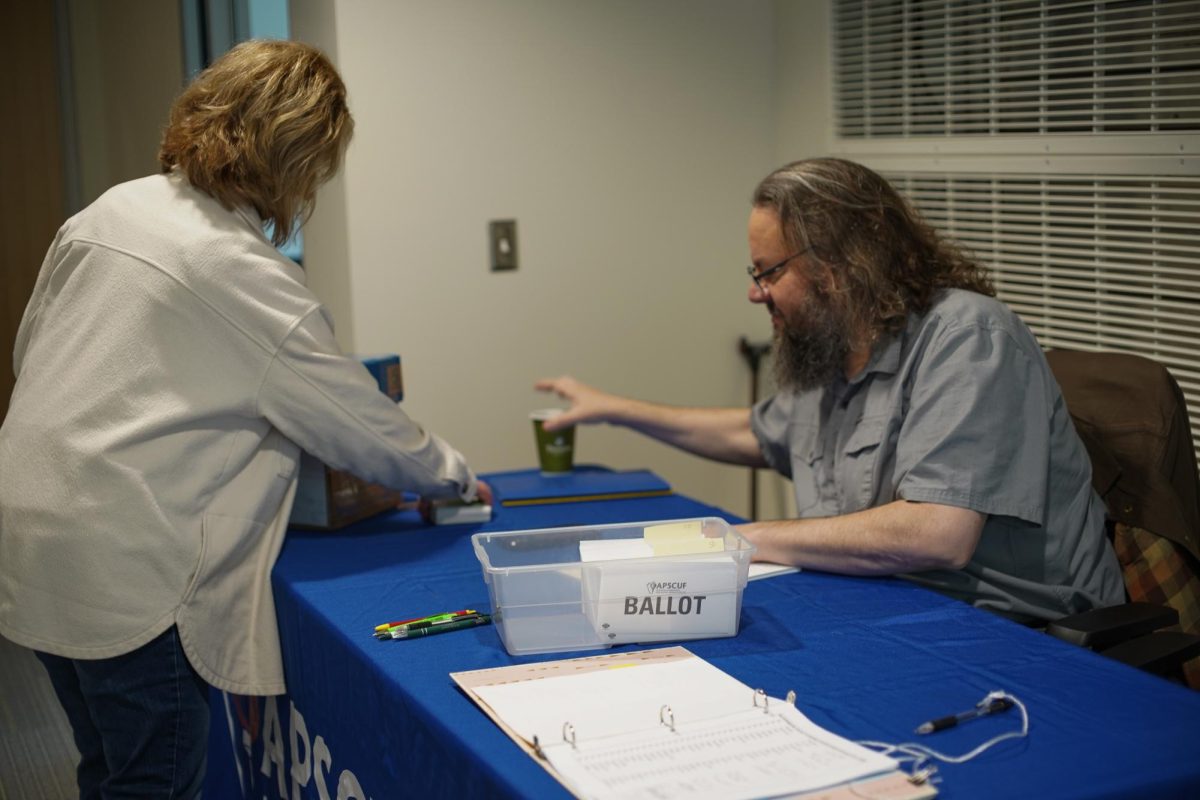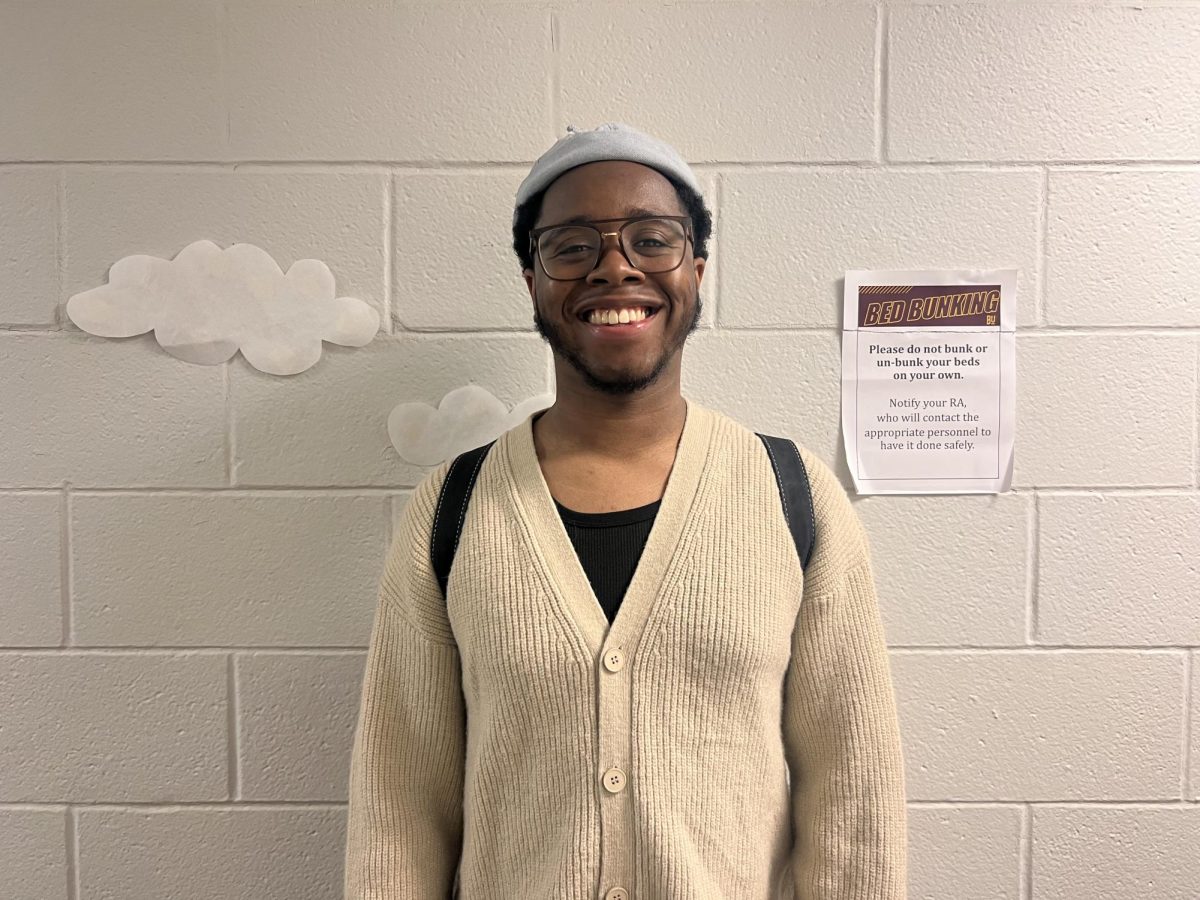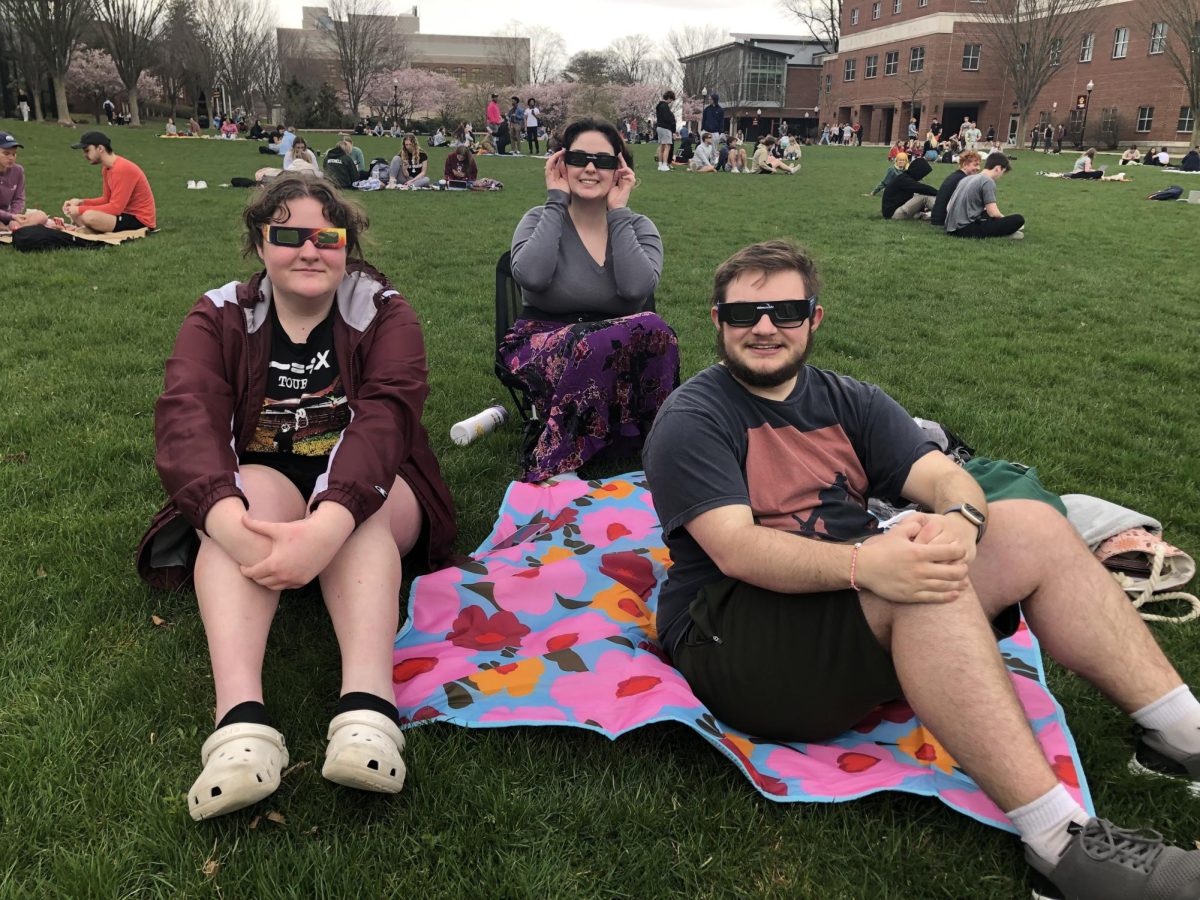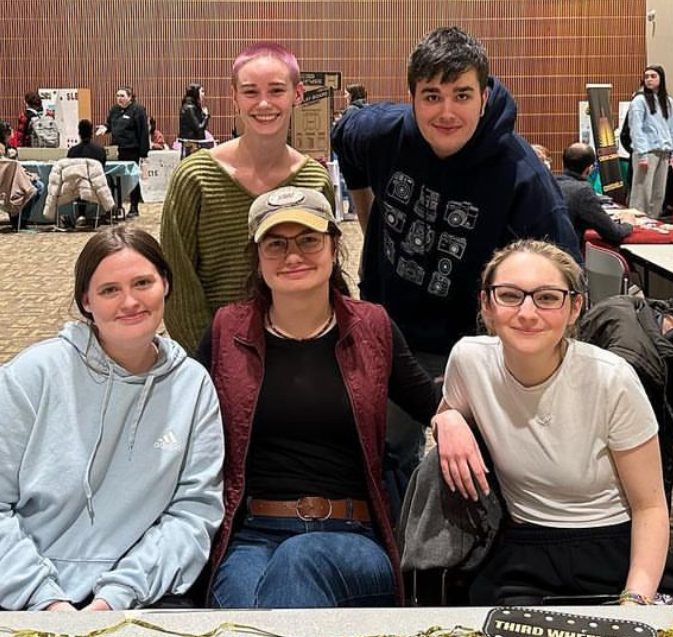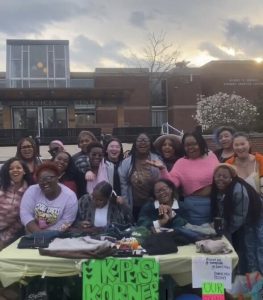One in five women and one in 16 men are sexually assaulted while in college according to the National Sexual Violence Resource Center. Sexual crimes are serious and affect the victims for the rest of their lives. The RAINN (Rape, Abuse & Incest National Network) website says victims of sexual assault are prone to anxiety, depression, self-harm, drug abuse and suicide. Other worrying factors of sexual assault include sexually transmitted diseases and/or unplanned pregnancy.
Though the effects of sexual assault are debilitating, it is often the only crime where the victim is blamed. Survivors of sexual assaults are often criticized for their clothing choices or how much they had to drink. Some have gone as far to say that one can’t expect a rapist to control themselves around an easy target.
The survivors should not have to go through this. They should be comforted and receive closure in knowing that their assailant is being brought to justice.
This especially true when discussing sexual assault on college campuses. Survivors cannot feel safe going to class or clubs on campus when they feel like their assailant is freely walking around and continuing their education like nothing happened.
Under Obama’s administration policies were passed that made proving sexual assaults happened easier. “The most controversial portion of the Obama-era guidelines had demanded colleges use the lowest standard of proof, “preponderance of the evidence,” in deciding whether a student is responsible for sexual assault,” writes Stephanie Saul and Kate Taylor in their New York Times article Betsy DeVos reverses Obama-era policy on campus sexual assault Investigations.
Betsy DeVos, the Secretary of Education under the Trump administration, has rescinded much of Obama’s policies. This makes proving sexual assault more difficult for the victims.
DeVos claims that the strict policies were ruining lives for the defendants and were causing too many people to be wrongfully accused.
This was in response to her meetings with men’s rights groups and FACE lobbyists. FACE, Families Advocating for Campus Equality was founded by three women whose sons were wrongfully accused of sexual misconduct. On paper, this organization is fairly innocent.
As it has evolved, the group now sides more with those accused than they probably should, calling them Title IX’s other victims. Some mothers in the group know that their sons are guilty but still hold the belief that their lives shouldn’t be ruined for it.
DeVos’ changes please the groups that blame the survivors and make punishments for the offenders harder to achieve.
“It will discourage students from reporting assaults, create uncertainty for schools on how to follow the law and make campuses less safe,” says Fatima Goss Graves, president of the National Women’s Law Center; an advocacy group for women’s rights.
The topic has been hotly debated and neither side will let up, each believing they are doing what is right.
Justin Dillon, a lawyer in Washington, says, “The vast majority of campus sexual assault cases involve a lot of alcohol and no witnesses, so you essentially have two people who were probably drinking trying to recall events that may have happened weeks, months, or even years before,” said Justin Dillon, a lawyer in Washington.”
Rape is difficult to forget.
The amount of time or alcohol isn’t going to make a person forget they were violated horribly.
Along with ending the preponderance of proof DeVos has eliminated the stipulation that these cases be handled within 60 days, an effort by Obama to make the proceedings take the least amount of time possible so the survivors could go back to their normal lives sooner.
Obama’s policies also held that mediation was not permitted. This was to keep the victims from feeling pressured to participate in mediation with their assailants. DeVos has ended this as well. Mediations are, unfortunately, easier for universities to sweep under the rug.
DeVos plans to have another meeting on the topic in July to discuss more details of her new proposed policies.
Taylor is a senior Mass Communications major. She is an International Peer Mentor and a Managing Editor for The Voice.


